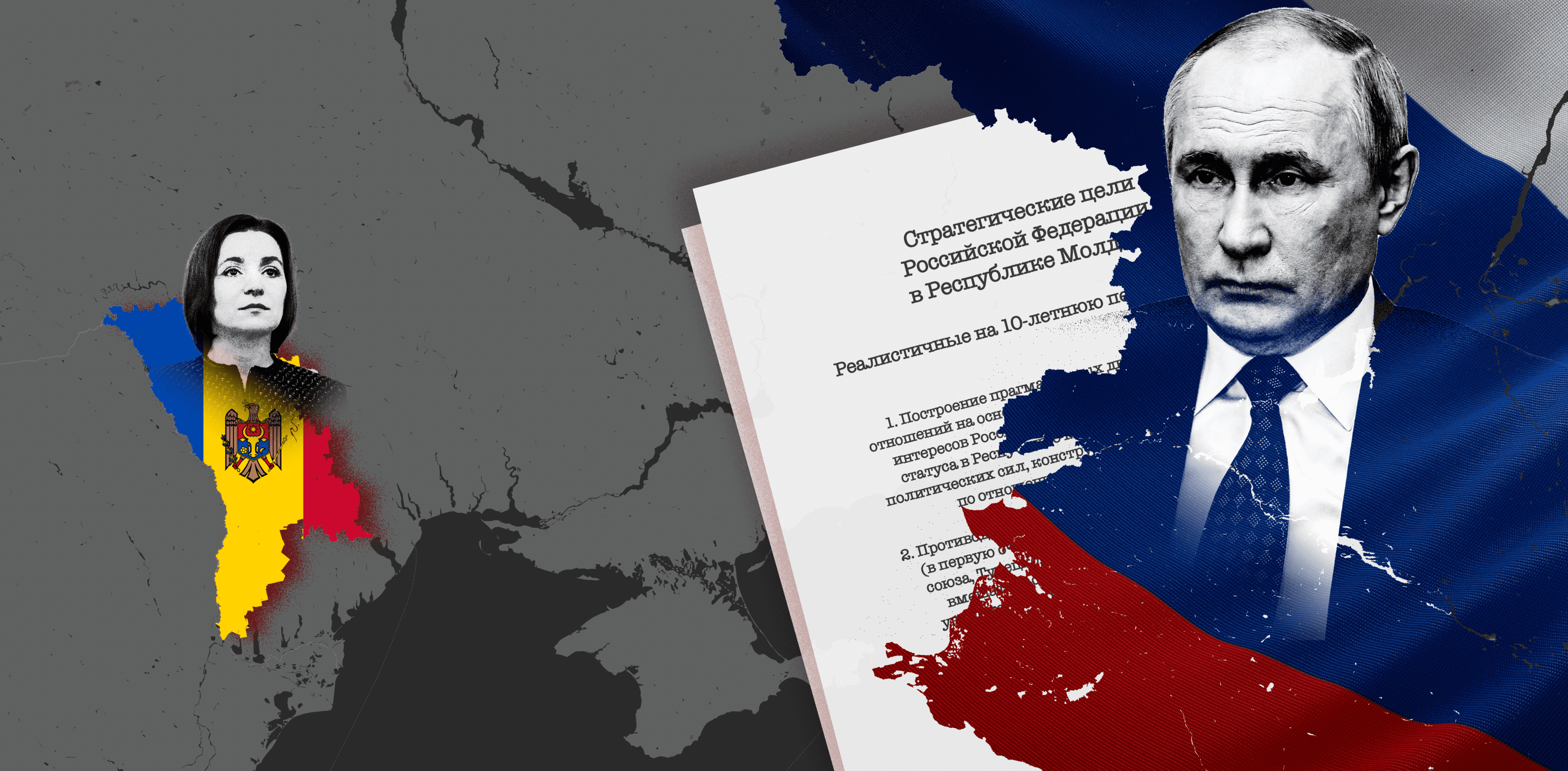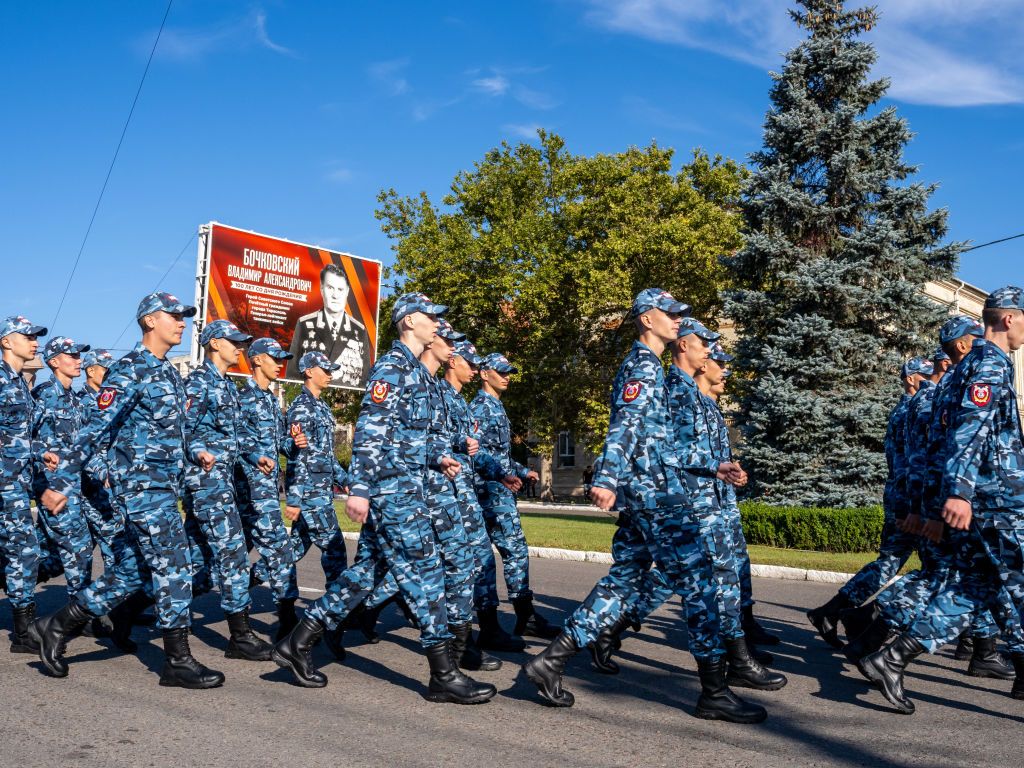Moldova signs defense deal with France, Macron pledges 'unwavering support' against Russian threat

Moldovan President Maia Sandu met with her French counterpart Emmanuel Macron in Paris on March 7, where the two leaders signed a bilateral defense deal.
The pact lays the groundwork for future military training, intelligence sharing, and increased defense consultation between the two countries.
Tensions between Moscow and Chisinau have been mounting since the start of the full-scale invasion of Ukraine amid fears that the war may spill into Moldova. Moldovan officials have repeatedly accused Russia of election interference and destabilization attempts.
Vadim Krasnoselsky, the Russian proxy leader in Transnistria, Moldova's Russia-led breakaway region, called for increased military drills and heightened readiness on Jan. 22 in what he claimed was a response to alleged provocations from Chisinau.
Sandu's meeting with Macron took place against the backdrop of these recent developments, and Macron pledged France's "unwavering support" for Moldova in the face of the Russian threat.
Sandu again warned that Russia will not stop at Ukraine and said that "Europe must therefore present a united front. Aggression must be repelled by a strong force."
Currently, Ukraine's military is acting as a "shield" for Moldova, Sandu said.
Russia still possesses other non-military tools to destabilize Moldova.
Alexandru Musteata, the head of the Moldovan intelligence agency (SIS), said that the SIS possesses "certain information" about Russia's destabilization campaign in the next two years designed to compromise Chisinau's European integration and draw the country back into the Kremlin's orbit.
"The details point to strategies for 2024 and 2025 that involve supporting pro-Russian political actors with ties to intelligence services, organized crime groups, and Kremlin leadership," Musteata said at a press conference on March 5.
Russia aims to compromise Moldova's referendum on its accession to the EU, which is scheduled for autumn 2024 and will be followed by the presidential election. Sandu will run for re-election after she put the country on a decisively pro-EU course, helping to secure Chisinau's membership candidacy and accession talks.
According to Musteata, the Kremlin will also seek to influence the 2025 parliamentary elections through pro-Russian political forces, namely those close to fugitive pro-Russian oligarch Ilan Shor.
The SIS chief further warned about Russia manufacturing "socio-political crises" and "social clashes" to "incite inter-ethnic hatred" in relation to Transnistria and the autonomous region of Gagauzia.














